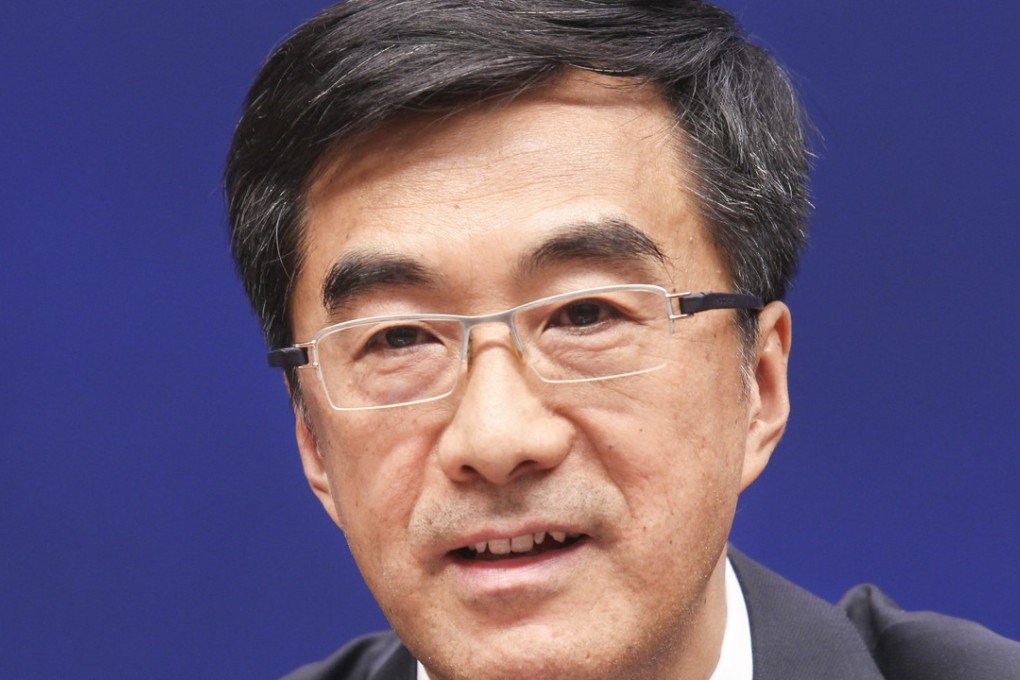Latest Xi Jinping book gives clues on decline of Communist Party’s youth wing
Collection of president’s remarks on the once influential faction comes amid confirmation Communist Youth League’s outgoing chief has been demoted

A new book of President Xi Jinping’s remarks on the youth wing of the Communist Party – many of which have been made public for the first time – may shed some light on the decline of this once influential faction in Chinese politics.
Qin, who held a ministerial-level position at the youth league, will take up a position at a lower rank with the country’s quality watchdog.
The book – a collection of some 40 speeches and edicts made by Xi – offers insight into the president’s thinking about the youth league, which was once the cradle for promising young cadres and future political high-fliers.

Xi lambasted the youth league for “chanting empty slogans” and chided its officials for their “bureaucratic and arrogant air” as far back as June 2013, according to the book, during a meeting with its top officials shortly after Qin took the first secretary role.